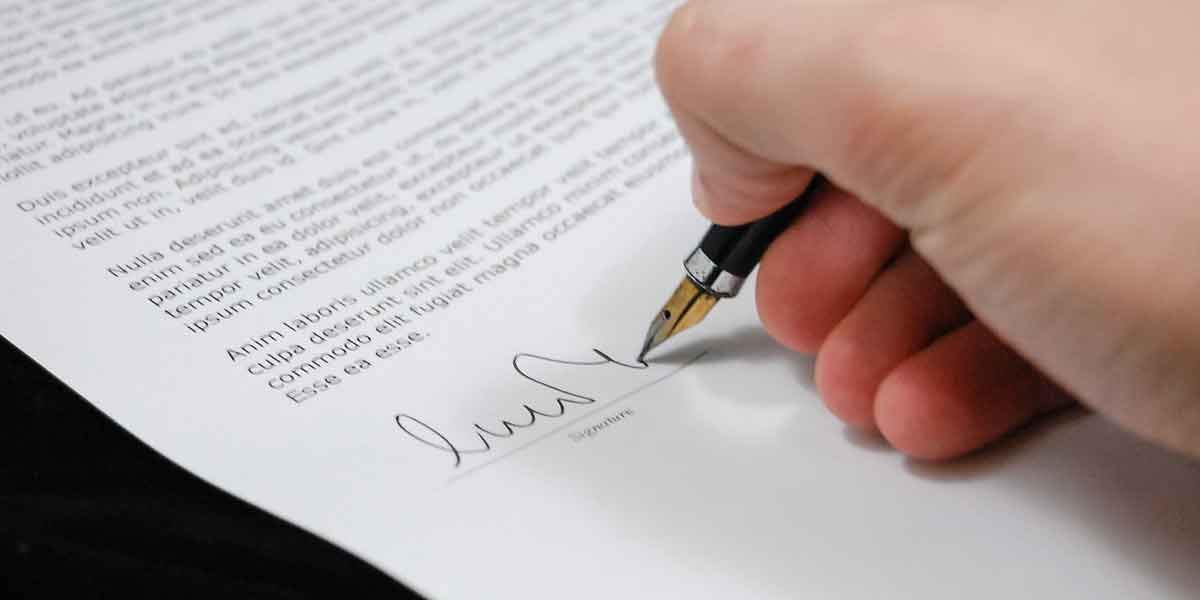When a person passes away, the process of probate begins, which involves settling the decedent’s debts and distributing their property to beneficiaries and heirs according to the will. This legal process validates the will as the decedent’s final testament and is essential for completing the administration of the estate after death. While some may find probate daunting and seek to avoid it, consulting with an attorney is crucial to navigate this process effectively. A skilled attorney can simplify the complexities of probate by handling tasks such as asset collection, court report preparation, and estate inventory creation.
Understanding the four fundamental steps of probate is essential for a smooth process. Before a person’s passing, they typically finalize their estate planning, which significantly impacts the probate procedure. The initial step involves providing notice to beneficiaries and heirs and filing a petition with the probate court to declare the will and appoint an executor or administrator if there is no will. Beneficiaries and heirs must be notified, and any objections to the petition can be raised during a court hearing, which is also published in local newspapers to inform unknown creditors.
The personal representative appointed by the court is responsible for notifying known creditors, who have a specific period to claim any assets from the estate. Debts, funeral expenses, and taxes must be paid from the estate, and the personal representative may need to sell assets to fulfill these obligations. In cases where there is no will, the legal transfer of property is governed by the law of intestacy, with the personal representative seeking court approval to distribute assets according to the decedent’s wishes.
A probate attorney plays a crucial role in simplifying the probate process by offering guidance on estate planning before death and assisting with estate administration after death. They provide advice on fiduciary responsibilities, help create an inventory of assets, evaluate enforceable debts, and devise distribution plans. By enlisting the expertise of an experienced attorney, individuals can navigate probate with confidence and efficiency, knowing they have a knowledgeable ally to guide them through each step of the process.





